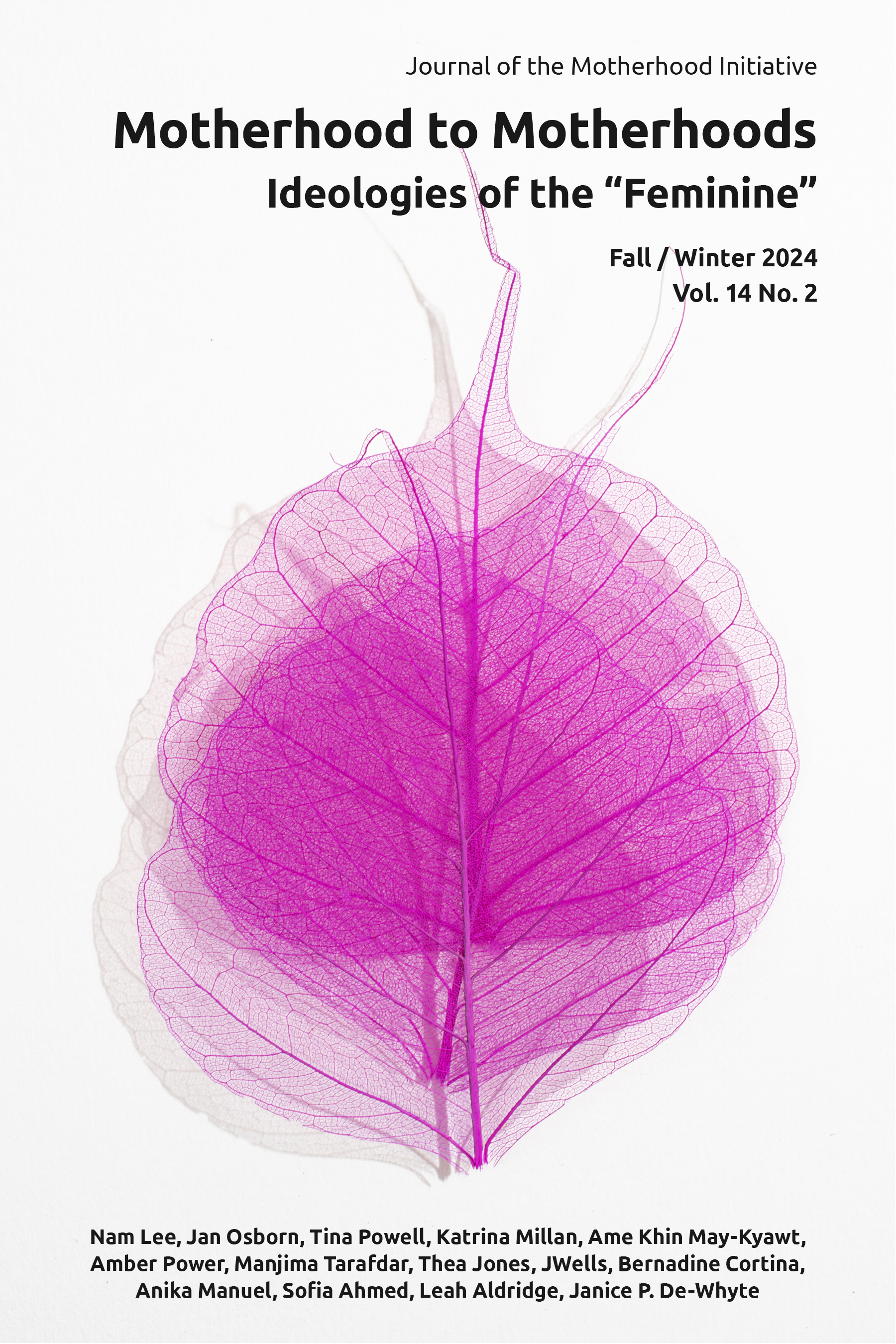Subverting “Divine” Bengali Motherhood in Rituparno Ghosh’s Film Titli (2002)
Abstract
Rituparno Ghosh is one of the most prolific filmmakers from Bengal, whose narrative depiction gained global critical acclaim in a short career span (1992-2003). Ghosh’s work focuses on human interaction and relationships through the women characters and their identity formation in Bengali society. His 2002 film Titli offers a nuanced exploration of the multifaceted experiences of a mother-daughter relationship, subverting the social representation of motherhood in Bengal. This paper investigates the various dimensions of motherhood, womanhood, and identity formation depicted in the film and interprets how Ghosh’s narrative sheds light on the social, emotional, and cultural aspects of this complex role—a role where mothers are not limited to caregivers and caretakers of domestic life without any identity of their own other than that of a mother, a wife, or a daughter. By analyzing the cultural symbols, dialogue, and visual motifs employed in the film, the paper explores how motherhood is constructed and perceived within the film’s cultural milieu. Reading the film through motherhood and feminist scholarship helps understand the representation of the “sexual mother,” juxtaposing it with the image of an ideal “goddess mother” in Bengal, India, and challenging patriarchal norms imposed on women. It explores the themes of sacrifice, self-identity, and personal agency about motherhood. Examining the conflicts and dilemmas faced by Titli’s mother, Urmila, this paper unravels the complex interplay between the expectations imposed by society and individual desires and aspirations of women, both as mothers and within the dynamics of mother-daughter duos.

Downloads
Published
How to Cite
Issue
Section
License
All intellectual property in relation to material included on this site belongs to the Motherhood Initiative for Research and Community Involvement (MIRCI). All material on this site is protected by Canadian and international copyright and other intellectual property laws. Users may not do anything which interferes with or breaches those laws or the intellectual property rights in the material. All materials on the Motherhood Initiative for Research and Community Involvement (MIRCI) are copyrighted and all rights are reserved. Any reproduction, modification, publication, transmission, transfer, sale, distribution, display or exploitation of the information, in any form or by any means, or its storage in a retrieval system, whether in whole or in part, without the express written permission of the Motherhood Initiative for Research and Community Involvement (MIRCI) is prohibited. Please contact us for permission to reproduce any of our materials. This site may include third party content which is subject to that third party's terms and conditions of use.

